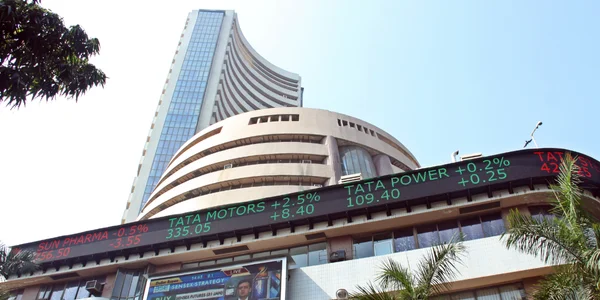As the Indian stock market enters a new week, several pivotal factors are poised to influence investor sentiment and market movements. Market participants should closely monitor these developments to navigate the financial landscape effectively.
1. Quarterly Earnings Reports
The commencement of the quarterly earnings season is set to provide critical insights into corporate performance. Investors will scrutinize these reports to gauge the health of various sectors and individual companies, influencing stock valuations and investment decisions.

2. Federal Open Market Committee (FOMC) Minutes
The release of the FOMC minutes will offer clarity on the U.S. Federal Reserve’s monetary policy stance. Any indications regarding interest rate adjustments or economic outlooks can have significant implications for global financial markets, including India.
3. U.S. Unemployment Rate
The U.S. unemployment rate is a critical indicator of economic health. Fluctuations in employment figures can impact global investor sentiment, potentially affecting foreign investment flows into emerging markets like India.
4. Manufacturing and Services PMI Data
Purchasing Managers’ Index (PMI) data for manufacturing and services sectors will shed light on economic activity and business conditions. Positive PMI readings can bolster market confidence, while negative figures may raise concerns about economic slowdown.
5. Foreign Institutional Investor (FII) Activity
The buying or selling patterns of FIIs are crucial for market liquidity and direction. Sustained FII inflows can drive markets upward, whereas outflows might exert downward pressure.
6. Crude Oil Price Movements
As a major importer of crude oil, India’s economy and markets are sensitive to oil price fluctuations. Rising prices can escalate inflation and affect corporate profit margins, particularly in oil-dependent industries.
7. Currency Exchange Rate
The performance of the Indian rupee against the U.S. dollar influences import costs, corporate earnings, and foreign investment. Significant volatility in the exchange rate can lead to market instability.
8. Global Economic Indicators
International economic data, including GDP growth rates and trade figures from major economies, can impact global market sentiment and, by extension, Indian markets.
9. Geopolitical Developments
Geopolitical tensions or developments can lead to market volatility. Investors should stay informed about international relations that may affect global trade and economic stability.
10. Domestic Policy Announcements
Any new economic policies or reforms announced by the Indian government can have immediate effects on market dynamics. Policy measures aimed at stimulating growth or controlling inflation will be particularly significant.
In conclusion, a confluence of domestic and international factors is set to influence Dalal Street in the upcoming week. Investors are advised to stay vigilant, monitor these developments closely, and consider diversifying their portfolios to mitigate risks associated with market volatility.

